The Essence of Freedom
What Inspired Our ‘Freedom Collection’?
Freedom, a concept that has echoed through the corridors of philosophy, humanity, and politics for centuries, stands as a multifaceted gem with deep roots in the human experience. Philosophically, it delves into the nature of existence, questioning the essence of free will and the autonomy of individuals. In the realm of human experience, it manifests as a cherished value, driving aspirations, and shaping identities.
Politically, it takes the form of constitutional guarantees, legal frameworks, and the struggle for self-determination. Here we seek to explore the fundamental philosophical, human, and political meanings of freedom, drawing from historical and contemporary examples to illustrate it’s essence, the perilous consequences of its erosion and also to show how this inspired our ‘Freedom Collection.’
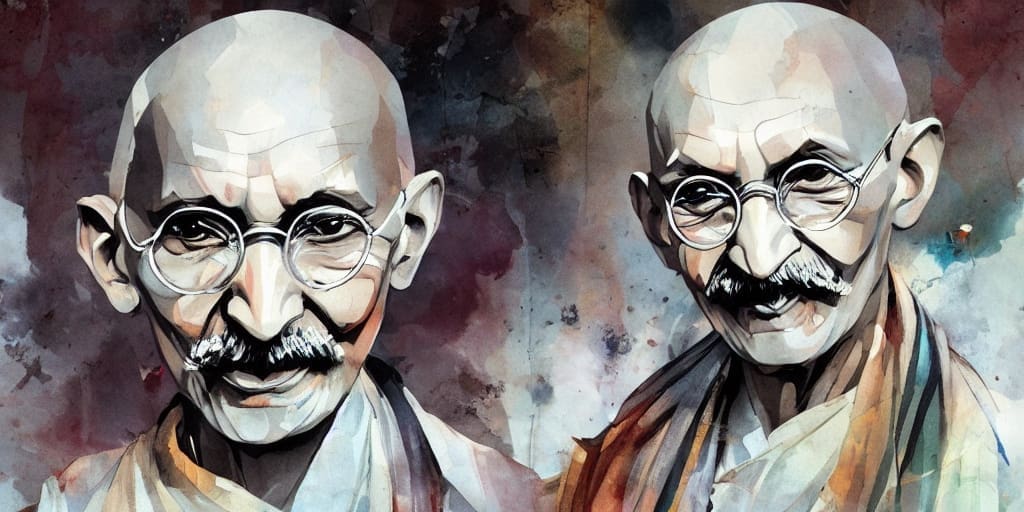
Table of Contents
Philosophical Foundations of Freedom
At its philosophical core, freedom engages with the intricate web of existential questions, probing the nature of free will and the autonomy of individuals. Philosophers across epochs have grappled with the profound implications of freedom, attempting to unravel its metaphysical threads. Jean-Jacques Rousseau, in his seminal work “The Social Contract,” contemplated the concept within the context of societal structures. He argued that it is found in the adherence to a collective will, emphasizing the importance of social contracts and the general will of the people.
On the other hand, existentialist thinkers like Jean-Paul Sartre delved into the individual’s subjective experience. Sartre famously proclaimed that “existence precedes essence,” highlighting that radical individuals possess to define their own essence through their choices. This philosophical perspective underscores the responsibility that comes with freedom, as individuals become the architects of their own moral and existential destinies.
*All Clothes Images are items from our shop souled-out.world
Human Dimensions
Throughout the human experience, freedom emerges as a beacon guiding aspirations, shaping identities, and fueling the pursuit of individual and collective well-being. Throughout history, individuals and communities have sought it as a fundamental human right, driving movements for emancipation and equality. The abolitionist movement in the 19th century, led by figures like Frederick Douglass and Harriet Tubman, exemplifies this human quest. Slaves and abolitionists alike championed the idea that every person, regardless of race, possesses an inherent right to self-determination.
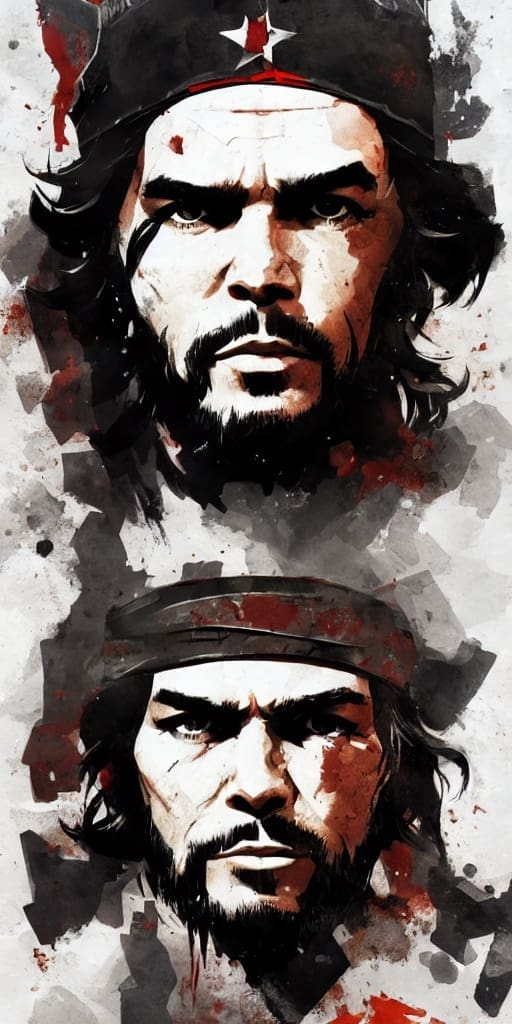
Similarly, the struggle for women’s rights, spanning from the suffragette movement to contemporary feminism, is a testament to the ongoing human endeavor to secure and expand the boundaries of freedom. Women, historically marginalized and denied essential rights, have fought tirelessly for the right to make choices about their bodies, careers, and lives. These examples underscore a transformative power to shape the course of human history and fostering a more just and equitable society.
Political Dimensions
In the realm of politics, freedom crystallizes into constitutional guarantees, legal frameworks, and the pursuit of self-determination. The founding documents of many nations, such as the United States Constitution, enshrine the ideals of individual liberty from oppressive governmental interference. The First Amendment, for instance, protects freedom of speech, religion, and assembly, highlighting the recognition of these liberties as essential pillars of a democratic society.
Conversely, history has also witnessed the erosion of political liberty through authoritarian regimes and oppressive policies. The rise of totalitarian states in the 20th century, exemplified by Nazi Germany and Stalinist Russia, serves as a stark reminder of the dangers of unchecked power and the suppression of individual freedoms. The systematic dismantling of democratic institutions and the curtailment of civil liberties illustrate how the absence of political rights can lead to devastating consequences for societies and individuals.
Contemporary Challenges
In the contemporary landscape, new challenges have emerged, propelled by technological advancements, globalization, and evolving geopolitical dynamics. The digital age, while providing unprecedented access to information and connectivity, also brings forth concerns about privacy and the potential abuse of personal data. Governments and corporations alike wield immense power in the digital realm, raising questions about the balance between security and individual freedoms.
Moreover, the global rise of populist movements and the erosion of democratic norms in various parts of the world pose significant threats. Leaders who undermine democratic institutions, stifle dissent, and manipulate public discourse jeopardize the very foundations of a free and open society. The resurgence of authoritarian tendencies in different regions underscores the ongoing struggle to safeguard political freedom in an interconnected world.
Dangers of Losing Freedom
The dangers of losing freedom reverberate across the philosophical, human, and political dimensions, casting shadows on the essence of the human experience. Philosophically, it’s erosion can lead to a deterministic worldview, where individuals are mere pawns in the hands of external forces. The denial of free will and autonomy strips life of its meaning, reducing existence to a predetermined script devoid of individual agency.
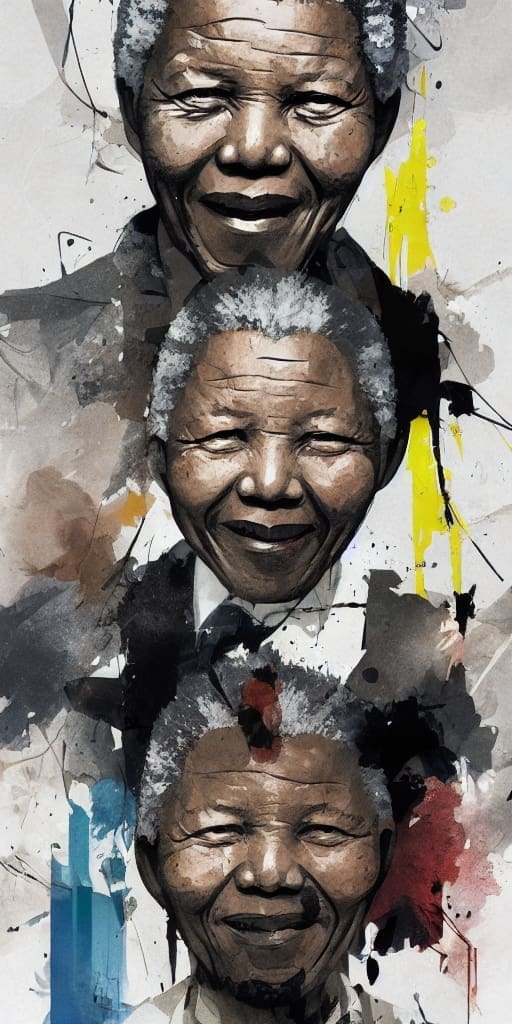
The Suppression of Dissent
On a human level, the loss of freedom stifles creativity, innovation, and the pursuit of happiness. Societies that suppress individual liberties often find themselves mired in stagnation, as the diversity of human expression is constrained. The suppression of dissent and the imposition of homogeneity undermine the richness of human experience, fostering a culture of conformity that stifles progress and growth.
Politically, this erosion paves the way for authoritarianism, where power becomes concentrated in the hands of a few, unchecked by the constraints of democratic institutions. The history of the 20th century bears witness to the devastating consequences of unchecked power, with authoritarian regimes causing untold suffering and leaving indelible scars on the collective memory of humanity.
An Enduring Human Quest
Freedom, with its profound philosophical underpinnings, its transformative impact on human experience, and its critical role in political structures, stands as a linchpin of civilization. The historical struggles for emancipation, equality, and self-determination illustrate this enduring human quest. However, the contemporary landscape presents new challenges, necessitating it’s vigilant defense in the face of technological, political, and global transformations.
The dangers of losing freedom, whether through philosophical determinism, the stifling of human expression, or the erosion of democratic values, loom large on the horizon. As we experience the complexities of the modern world, it is imperative to reflect on the lessons of history and fortify the foundations of freedom. Only through a steadfast commitment to the principles of individual liberty, equality, and justice can societies hope to preserve the essence of freedom and navigate the turbulent waters of the future.
More ‘Freedom’ Apparel in Our Souled-Out.World Shop





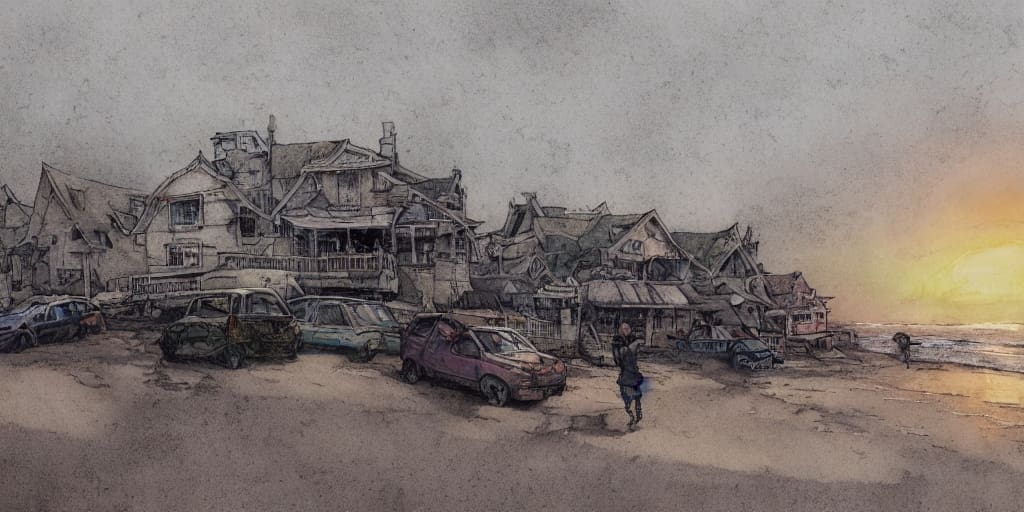

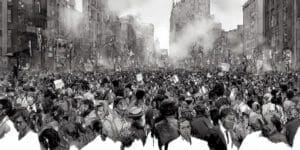


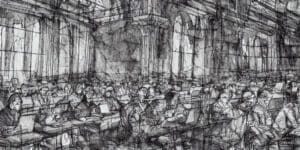
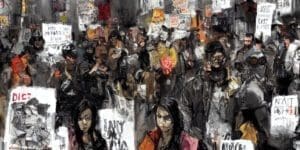
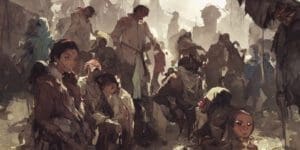













Leave a Comment